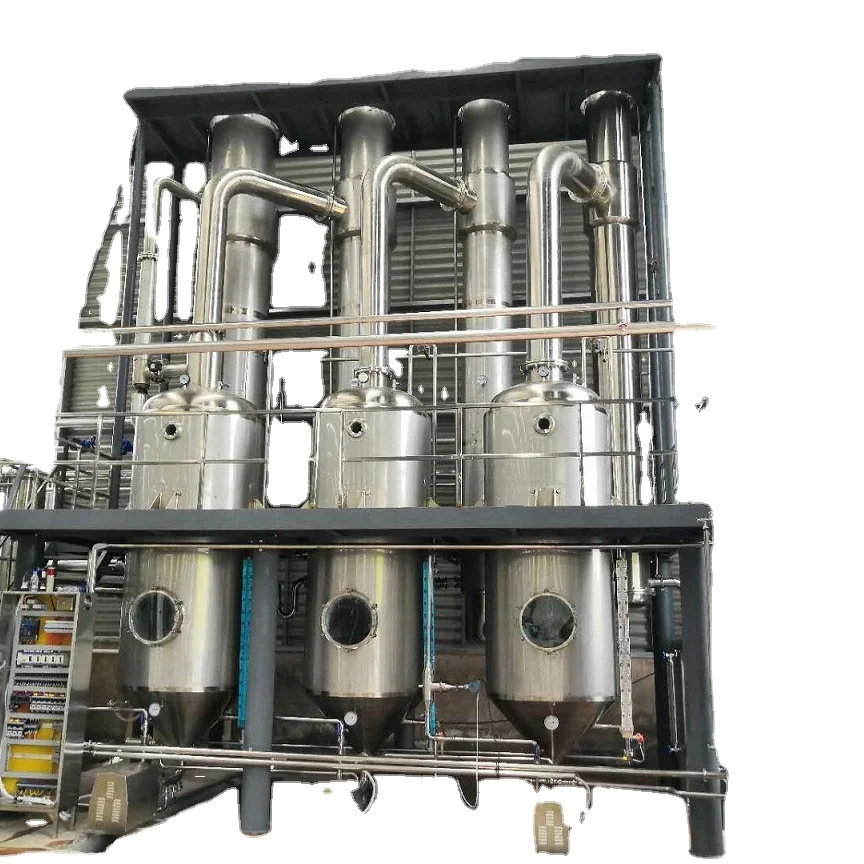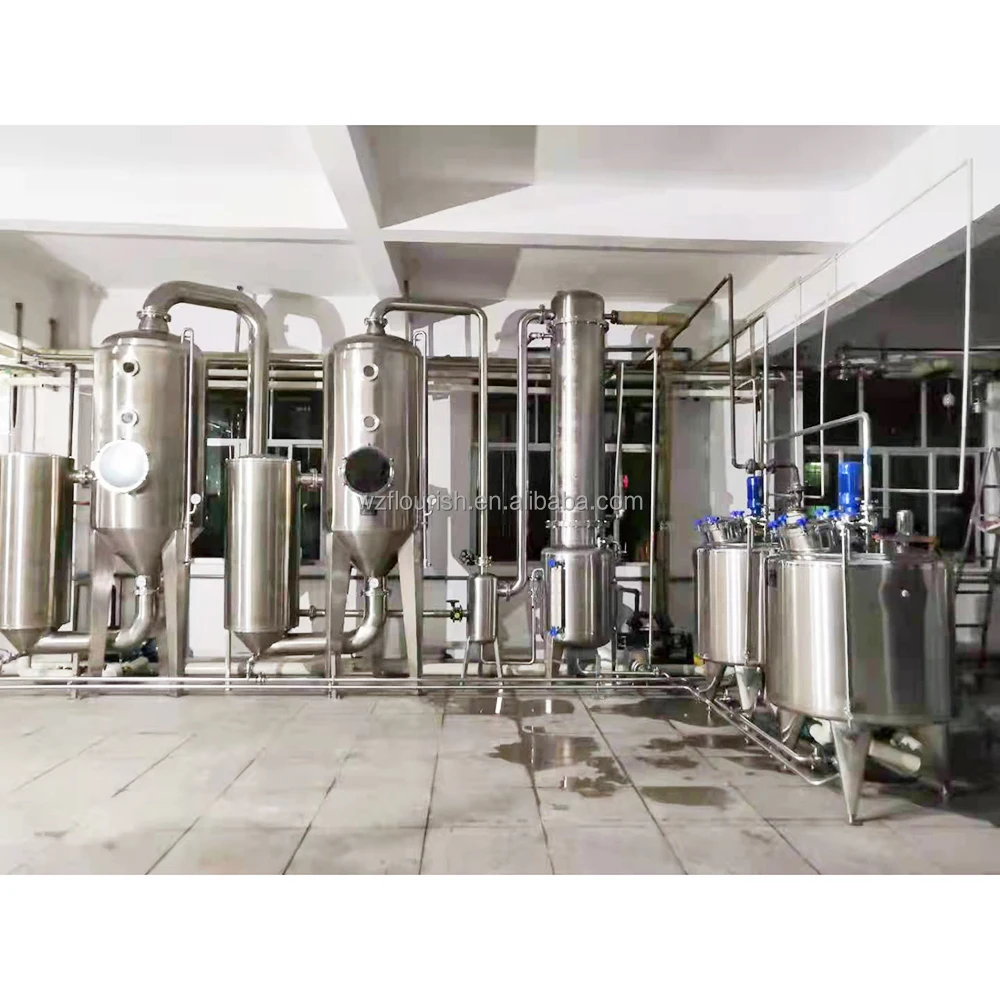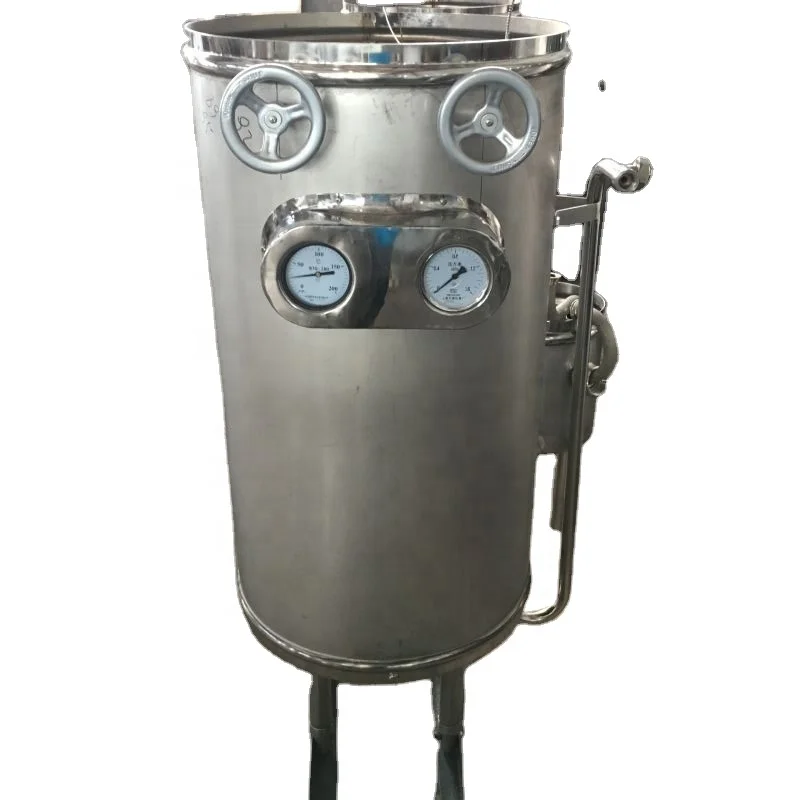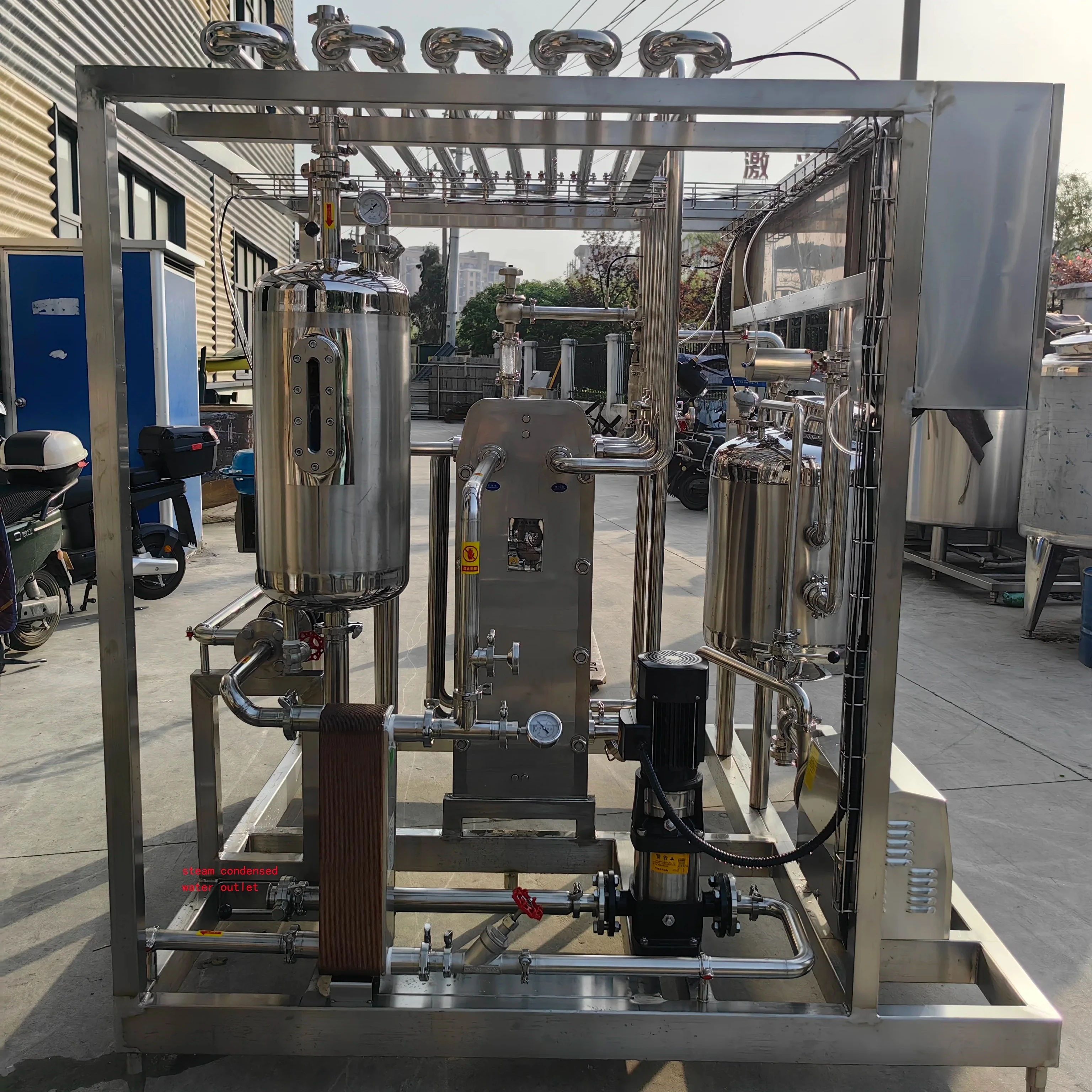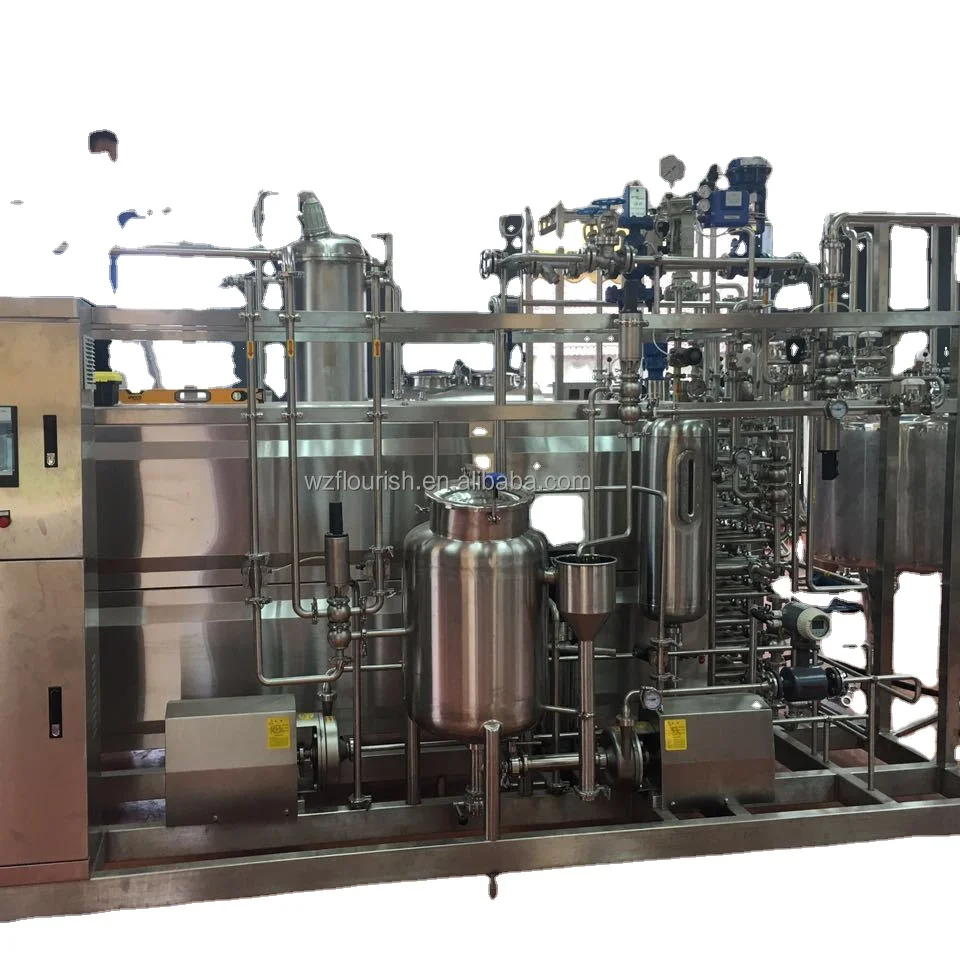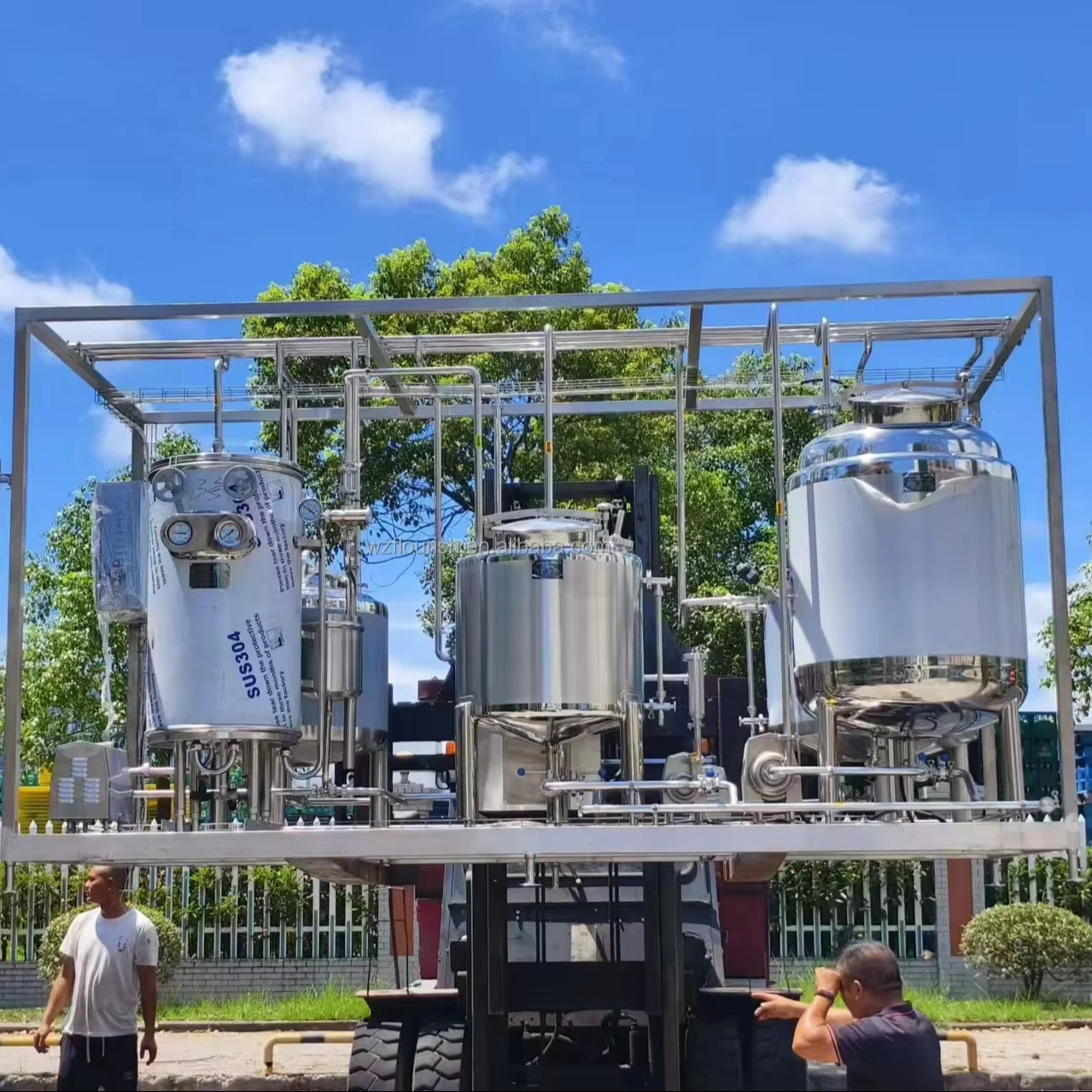ABOUT
Wenzhou Vince Machinery Science Co., Ltd. was established in early 1980s. Our company covers an area of 6500 square meters and is an independent legal representative firm, possessing rich economic technology strength. Our company is a high tech enterprise and plays an important role in national dairy, foodstuff, pharmacy and machinery industries. We are a beverage machinery supplier.
Since the establishment, our company has mainly engaged in dairy products, foodstuff, beverage machinery, bean products, yellow wine, medicines and fermentation projects. What's more, our company supplies a complete sequence services in manufacturing, installation, test and personnel train, as well as the whole direction service design and consulting service on product project construction or enlargement artistic distribution engineering sets budget.
PRODUCTS
Hygienic Stainless Steel Process Tank
Material and Construction
The core of a hygienic stainless steel process tank is, unsurprisingly, its stainless steel construction. Specifically, grades like 304 and 316 stainless steel are favored due to their excellent corrosion resistance, durability, and ease of cleaning. These grades are highly resistant to a broad spectrum of chemicals and solvents commonly used in processing, preventing product degradation and ensuring the tank's longevity. The surface finish is also critical; electropolishing creates a smooth, passivated surface that minimizes crevices where bacteria or other contaminants can accumulate. This smoothness dramatically reduces the risk of microbial growth, significantly enhancing hygienic standards.
Beyond the material, the construction itself adheres to strict hygienic principles. Welds are typically polished to mirror finish to prevent crevice formation. Radii of internal corners are large to minimize dead zones where cleaning might be difficult. All components are designed for easy disassembly and cleaning, often with features like easily removable agitators, CIP (Clean-in-Place) spray balls, and sanitary sight glasses for inspection.
Design Features for Hygiene
Hygienic design is paramount. Features like sloped bottoms prevent product pooling and ensure complete drainage, facilitating thorough cleaning. Similarly, external jacketed designs allow for temperature control, crucial for many processes. This precise temperature control helps maintain product quality and inhibits microbial growth. Many tanks also incorporate features like pressure relief valves and vacuum breakers to enhance safety and prevent potential hazards.
The design considerations extend beyond the tank itself. Careful attention is given to the tank's connections and fittings. Tri-clamp connections are commonly used, offering a quick, easy, and leak-proof method for connecting the tank to other equipment in the processing line. These connections are readily disassembled for cleaning and sterilization, further contributing to overall hygiene.
Applications and Industries
The versatility of hygienic stainless steel process tanks makes them suitable for a broad range of applications. In the food and beverage industry, they are used for mixing, blending, storage, and fermentation of various products. Pharmaceutical companies employ them for the handling and processing of sensitive drug ingredients and formulations. Cosmetic manufacturers use them for the creation and storage of creams, lotions, and other similar products.
Beyond these major sectors, these tanks find utility in chemical processing, biotechnology, and even breweries and wineries. Their ability to maintain product purity and comply with rigorous hygiene standards makes them essential for meeting the quality and safety expectations of diverse industries. The precise nature of the application dictates the specific design and features of the tank, emphasizing the importance of customized solutions to meet specific needs.
Maintenance and Cleaning
Proper maintenance is critical to prolonging the lifespan and maintaining the hygienic integrity of these tanks. Regular cleaning and sanitization are essential, often employing CIP (Clean-in-Place) systems. These automated systems effectively clean the tank's interior without manual disassembly, saving time and minimizing the risk of human contamination. Periodic inspections are also vital to detect any potential issues, such as corrosion or damage, ensuring the continued safety and efficacy of the equipment.
The ease of cleaning inherent in the design of hygienic stainless steel process tanks significantly reduces downtime and maintenance costs compared to other types of tanks. This cost-effectiveness, combined with the high quality and longevity of these tanks, makes them a sound investment for businesses across multiple industries seeking efficient and hygienic processing solutions.
SUBSCRIBE
INQUIRY

